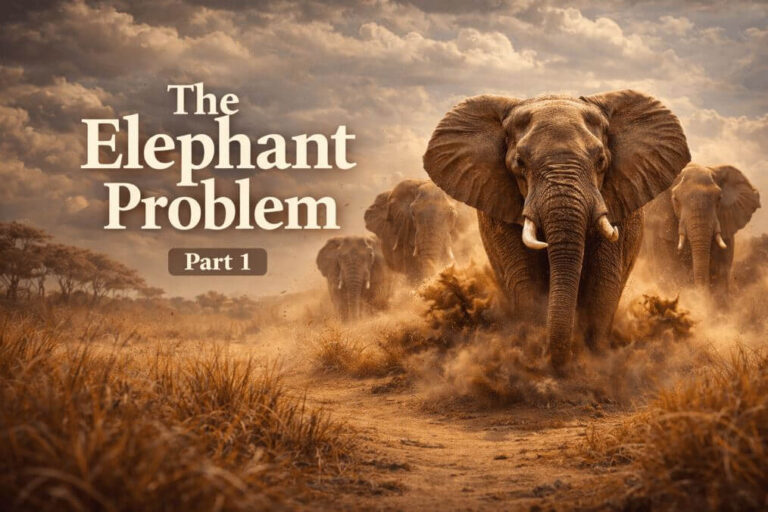Most major sports involve both offensive and defensive play. And while many of the players’ positions are defined as either offensive or defensive, there are times when the same players are playing both, depending on which team has the ball or puck.
It’s no surprise that the same holds true in another competitive “sport”—business, because once a company is launched, the game of playing both sides of the ball starts and then continues until the day the company is sold or liquidated.
Many entered the world of business ownership having played on one side or the other in their previous careers. Those playing defense may have been doing just enough to keep from getting fired, not being fully engaged in the work they were doing, or just putting in the time until they could leave … for the day or for good. Others may have been trying to play offense on a defensively minded team, trying their best to implement innovative ideas and change within a company that was more interested in stability and protecting what they had already achieved.
We learn early on that not only can it be financially expensive to try something new and have it not work, but it can also be emotionally embarrassing. We listen intently when we hear business experts say things like “fail fast and often” and “learn from your mistakes.” But how many of us are actually willing to do that? Instead, we start playing a defensive game by protecting our gains and not being willing to risk a new idea.
Asking ourselves questions can give us a perspective on whether we’re playing offense or defense with our career. It starts with the age-old question, “What would you do differently if you knew you couldn’t fail?” If you had a do-over, what risks would you now take, knowing there are no risks involved? If you couldn’t fail, what opportunities would you pursue? What conversations would you have?
If you look back 10 years on your life or business, what are the things you wish you had done but didn’t? What advice would you offer your younger self? Would it include not sweating the small stuff? Paying closer attention to how your business decisions affect the people and the relationships around you? Would you view competition differently? Would you be kinder in some of your business decisions and dealings? Would you decide to forge your own path rather than follow the crowd?
If you look ahead 10 years, what are the things you don’t want to regret not having done? What’s keeping you from doing them now? Is it spending time on business at the expense of your family? Is it not taking advantage of opportunities because you feel they’re beyond your capabilities?
In the grand scheme of things, business is just a field on which we’re playing out our lives. Early in the game we’re more prone to take risks because there’s not as much to lose if things don’t pan out and so much to win and learn if they do.
As a business ages there’s usually more to lose, so many are inclined to play defense to protect what has been accumulated up to that point—things, relationships, prestige. Just be sure to weigh what is being gained by always playing it safe and what might be lost by not playing more offense.



